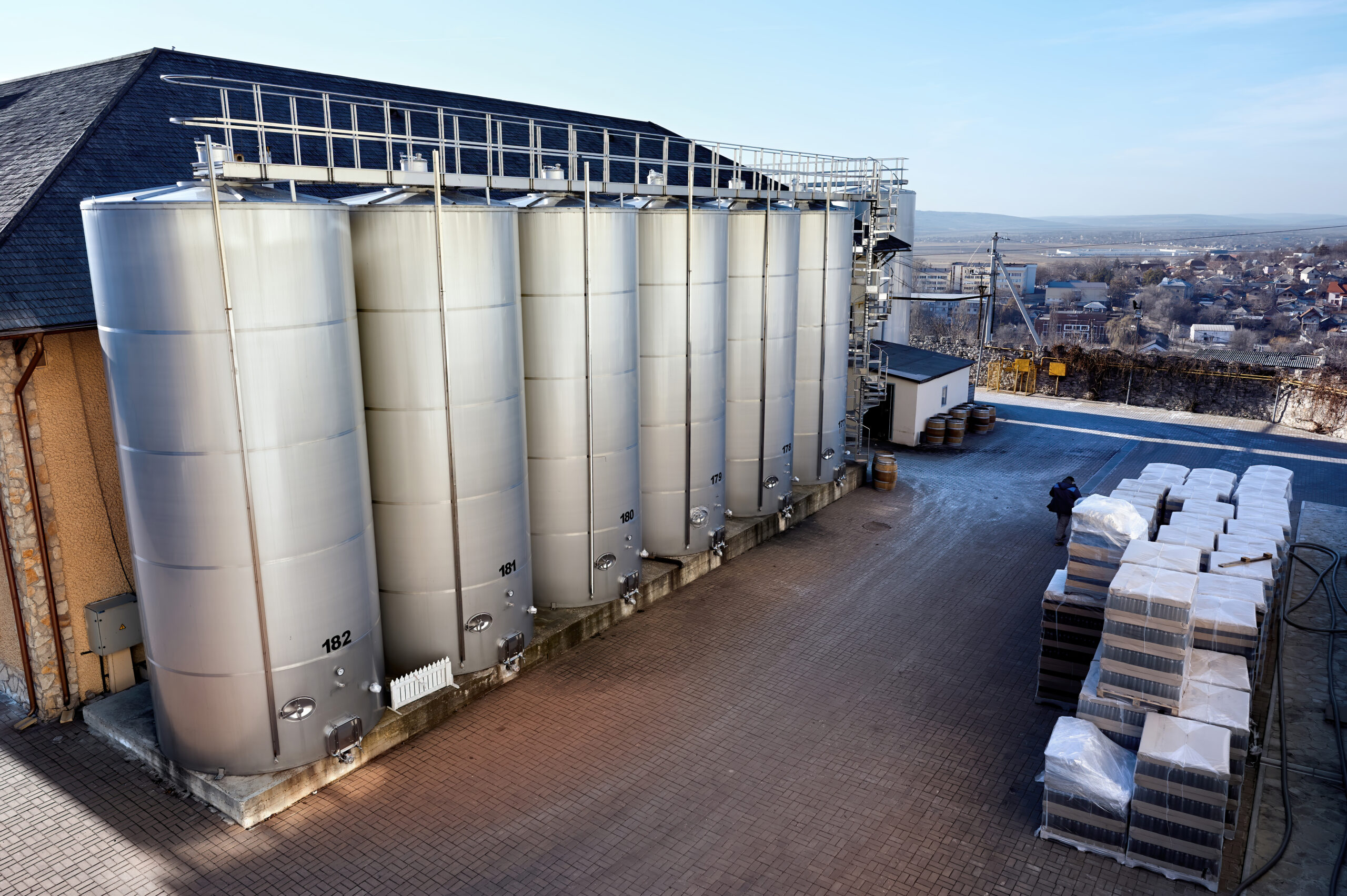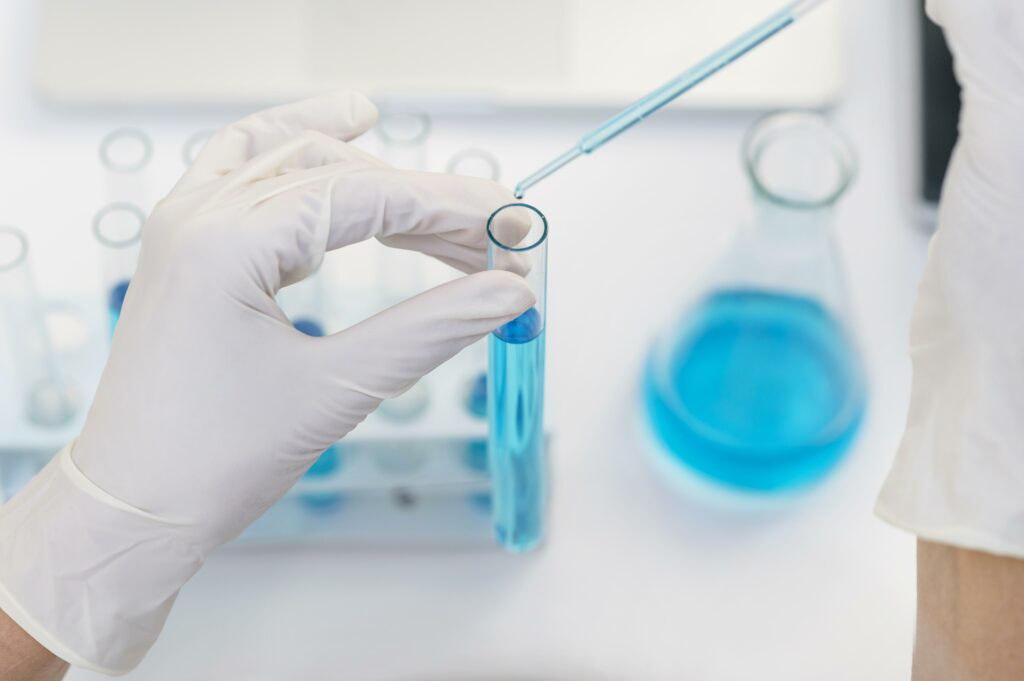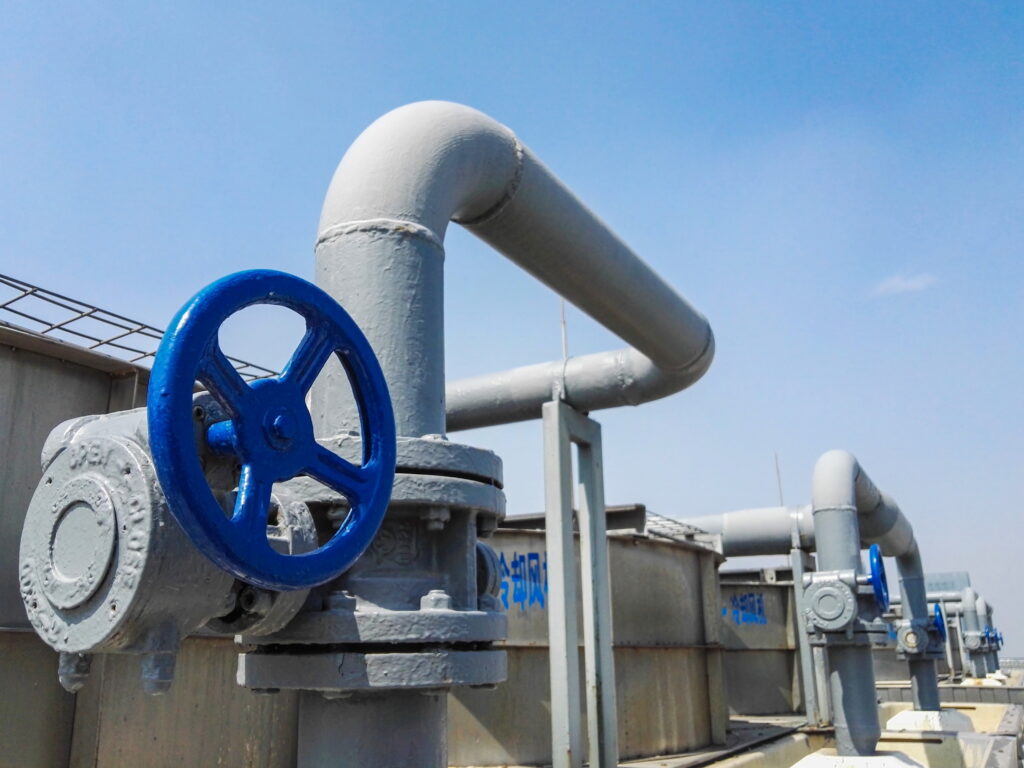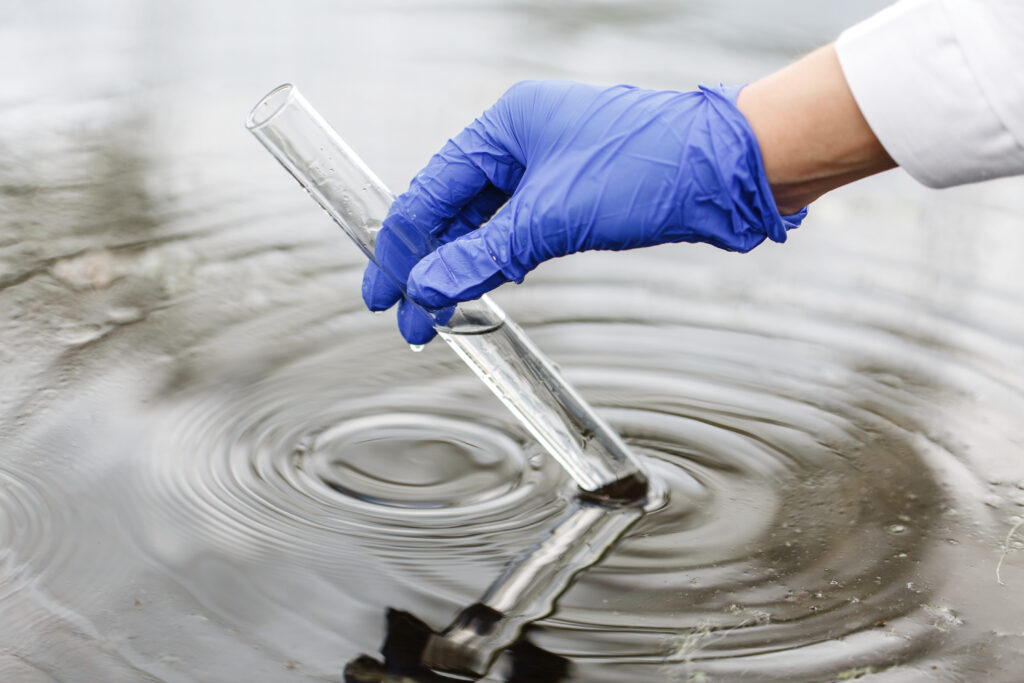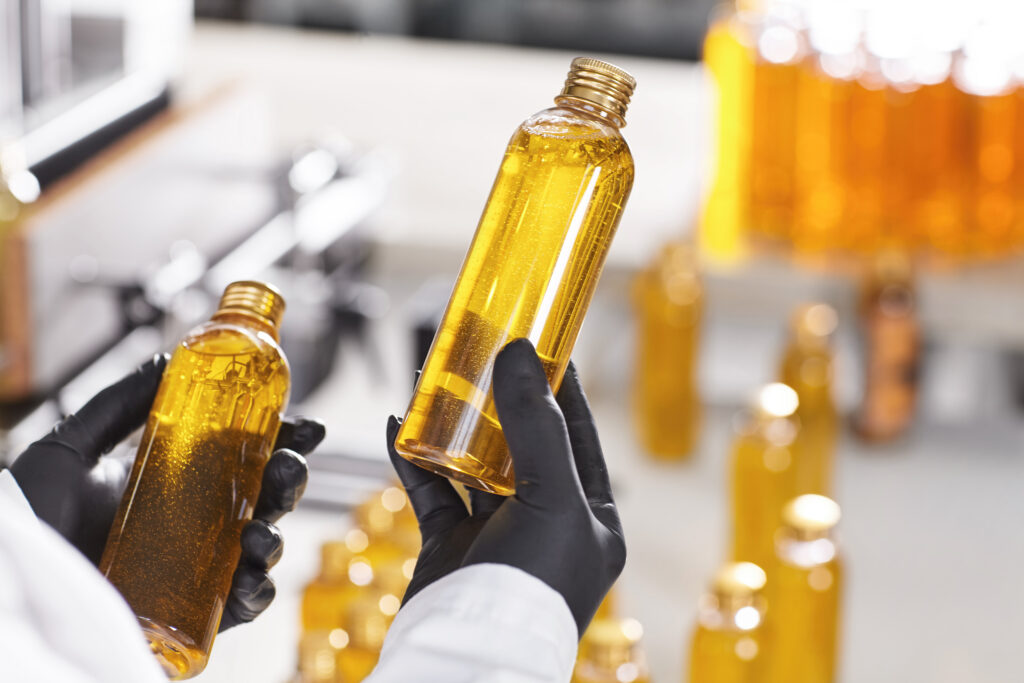In full-scale industrial and commercial settings, cooling towers and water treatment professionals play a crucial role in regulating temperatures and maintaining efficient operations. However, they are also known to create an environment conducive to the growth of a range of harmful bacteria and other microorganisms. To ensure the safety and functionality of cooling systems and water treatment professionals, regular monitoring and testing are essential. This is where cooling tower water bacteria test kits come into play, serving as indispensable tools in maintaining clean and healthy cooling and water treatment tower operations.
Understanding the Cooling Tower Bacteria Test Kits Environment
Cooling towers are designed to dissipate excess heat from various industrial processes, such as power generation, manufacturing, and HVAC systems. They achieve this through the exchange of heat between water and air. The warm water is exposed to the air, promoting evaporation and subsequently lowering the overall water temperature. This process, however, creates an environment with high humidity and a warm water temperature – conditions that are highly favorable for the growth of bacteria, algae, fungi, and other microorganisms.
The Threat of Bacterial Growth
Bacterial growth within the cooling water tower and closed water systems can lead to numerous problems. One of the most concerning issues is the formation of biofilm in closed-cooling water systems. Biofilms are slimy layers that develop on surfaces submerged in closed cooling water systems. These biofilms provide a protective shield for bacteria, making them resistant to disinfectants and antibiotics. Moreover, the accumulation of biofilms in closed cooling water systems can lead to more corrosion, reduced heat transfer efficiency, increased energy consumption, and even corrosion of equipment. In extreme cases, the release of harmful bacteria into the air could pose health risks to workers and nearby communities.
The Role of Cooling Tower Water Bacteria Test Kits
Cooling tower water bacteria and cooling water test kits are designed to assess the microbial content of the water within cooling and closed water systems. These same hardness test kits and cooling water test kits are invaluable tools for facility managers and maintenance personnel, enabling them to monitor the presence and check cooling water chemicals for concentrations of harmful microorganisms. By regularly checking cooling water chemicals and conducting tests, professionals can identify potential issues early on and take appropriate corrective actions. These same cooling water test kits typically include instructions for sample collection, testing procedures, and interpretation of results.
Key Parameters Measured by Test Kits
Total Bacterial Count: This parameter measures the total number of viable bacteria present in the water sample being tested. Elevated bacterial counts can indicate potential issues with the water treatment process and system cleanliness parameters.
Legionella Detection: Legionella bacteria, responsible for causing Legionnaires’ disease, can proliferate in cooling tower water systems. Test kits can help detect the presence of these harmful Legionella bacteria.
pH Levels: Monitoring pH levels is important, as certain bacteria thrive in specific pH ranges. Maintaining appropriate pH levels can discourage or control the growth of these bacteria.
Biofilm Formation: Some advanced test kits can detect the presence of biofilms, waste, and contaminants within the system. Early detection of biofilms and contaminants allows for targeted cleaning and treatment solutions.
Algae and Fungi: Algae and fungi can contribute to the formation of biofilms and have an impact on cooling water system performance and efficiency. Water Test kits can provide insights into their presence and concentration in cooling water systems in water treatment systems.
Benefits of Regular Testing
Implementing a routine water testing schedule using cooling tower water bacteria test kits offers several benefits:
Early Problem Detection: Regular testing helps identify potential issues before they escalate, preventing system inefficiencies and costly breakdowns.
Improved Efficiency: By addressing corrosion and microbial growth promptly, pipes, cooling towers, and pipes can be maintained to operate at high levels of peak efficiency, ensuring they maintain optimal heat exchange.
Cost Savings: Preventive measures driven by test kit results can lead to reduced energy consumption, and the positive result is lower maintenance costs.
Compliance: Many industries are subject to regulations regarding water treatment, quality, and safety. Regular testing of water treatment ensures compliance with these regulations.
Health and Safety: Maintaining a well maintained and clean cooling and control tower environment helps protect and maintain the health and safety of workers and surrounding communities.
Implementing an Effective Testing Protocol
To establish an effective testing protocol for the cooling water test kits, alkalinity test kits, cooling water test kits, and bacteria test kits, facility managers and maintenance teams should follow these steps:
Establish Testing Frequency: Determine the appropriate testing range and frequency based on a range of factors, such as system size, location, and regulations. Some facilities and equipment might require weekly or monthly testing, while others may need more frequent assessments.
Sample Collection: Carefully follow the instructions provided with the box of the test kit for proper sample collection. It’s important to collect samples from various points within the cooling system to obtain a representative analysis.
Test Procedure: Most water test kits include user-friendly procedures for conducting tests on water chemicals. These procedures often involve cooling water samples, adding reagents or chemicals to the water sample, incubating it for a specific temperature or duration, and then comparing the concentration, color change, or other indicators to the provided chart.
Interpretation of Results: The chlorine test kit will provide guidelines for interpreting the results of the chlorine test. Different colors, chlorine turbidity, chlorine levels used, or other changes can indicate varying concentrations of bacteria, pH, temperature, chlorine levels used, or other parameters tested.
Data Tracking: Maintain a record of all test results, including date, time, location, and outcomes. This historical data can help identify trends and patterns across a range of tests that might not be evident in isolation.
Corrective Actions: If test results indicate elevated bacterial counts, the presence of high levels of harmful microorganisms, or other concerns, take prompt corrective action. This might involve adjusting water treatment strategies, cleaning equipment, or implementing biofilm removal procedures.
Continuous Improvement: Regularly review the effectiveness of your system performance testing protocol and make necessary adjustments. This could involve fine-tuning testing frequencies, exploring new testing technologies, or refining your overall system performance maintenance strategy.
Innovations in Cooling Tower Water Bacteria Test Kits
The field of water quality testing is continually evolving, and cooling tower water bacteria test kits are no exception. Innovations in technology have led to more advanced and efficient testing methods. Some recent advancements include:
Rapid Test Kits: These hardness test kits offer quicker results, allowing for timely actions to monitor and address any issues detected. They can be particularly valuable for systems with components that require frequent testing and monitoring.
Online Monitoring Systems: Some water test kits are integrated with online monitoring platforms that provide real-time data on water quality parameters. This enables continuous monitoring and early detection of changes.
Microbial DNA Testing: DNA-based water testing solutions that can provide detailed information about the specific types of microorganisms present in the water. This insight can guide targeted water treatment professionals’ control strategies.
Automated Data Analysis: Software applications can analyze test results and provide insights into trends and patterns across tests, making it easier to identify potential problems.
Mobile Apps: Mobile applications are available for some test kits, allowing users to record, track, and analyze their test kit results conveniently from their smartphones or tablets.
Cooling tower water bacteria test kits are essential tools for maintaining the efficiency, safety, and longevity of cooling systems in industrial and commercial settings. By consistently monitoring water quality, identifying potential issues, and taking corrective actions, facility managers can ensure the optimal performance of their cooling towers.
As technology continues to advance, these test kits and solutions will play an increasingly important role in preventing downtime, conserving energy, and safeguarding the health and well-being of all those impacted by cooling tower operations. Embracing these tools as part of a comprehensive maintenance strategy is an investment in both operational excellence and environmental responsibility.
If you like this article share it and visit us at https://metalchem.com/contact/ for a free consultation about your product needs, feel free to contact us or email us at or********@gm***.com
FAQ

